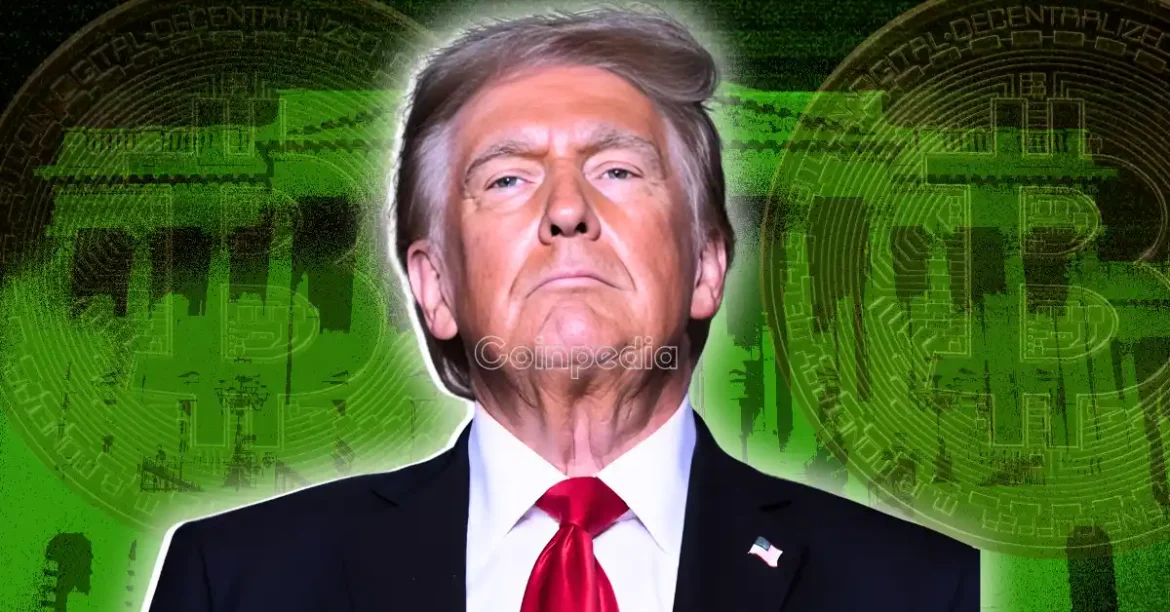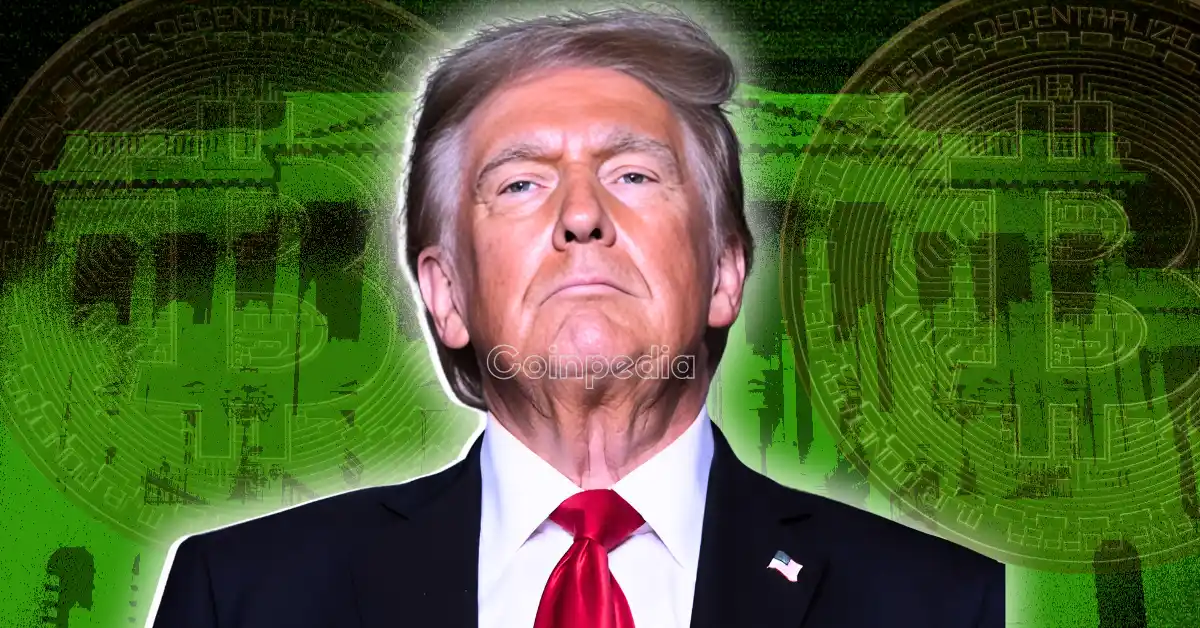Unraveling the U.S. Government’s Bitcoin Holdings: A Strategic Asset in the Digital Age
The Enigma of Government-Owned Bitcoin
The U.S. government’s Bitcoin holdings remain one of the most closely guarded secrets in the cryptocurrency world. While the exact amount of Bitcoin under government control is shrouded in mystery, piecing together available information reveals a compelling narrative of strategic importance and potential economic influence. The lack of transparency surrounding these holdings has fueled speculation and debate, highlighting the growing significance of digital assets in global finance.
The Strategic Value of Bitcoin
Bitcoin’s unique characteristics—its limited supply of 21 million coins, decentralized nature, and growing acceptance as a store of value—have caught the attention of governments worldwide. The U.S. government, in particular, has recognized Bitcoin’s potential as a strategic asset, akin to “digital gold.” This recognition is evident in the discussions surrounding the establishment of a U.S. Strategic Bitcoin Reserve, a move that would position Bitcoin as a critical component of the nation’s economic strategy.
The Trump administration’s executive order mandating a full accounting of federal Bitcoin holdings marked a significant shift in the government’s approach to digital assets. This order signaled a departure from viewing Bitcoin solely as a tool for illicit activities to recognizing its potential as a strategic resource. The establishment of a Strategic Bitcoin Reserve would not only provide transparency but also demonstrate the government’s commitment to responsible management of these assets.
Estimating the Government’s Bitcoin Holdings
While official figures remain classified, estimates based on publicly available information suggest that the U.S. government holds a substantial amount of Bitcoin. One commonly cited estimate places the government’s holdings at around 200,000 BTC, worth billions of dollars at current market prices. This figure aligns with reports indicating that the U.S. is the largest known state holder of Bitcoin in the world.
However, these estimates come with caveats. The government’s Bitcoin holdings are dynamic, changing due to ongoing seizures, forfeitures, and potential sales. Additionally, the lack of transparency makes it challenging to verify the accuracy of these figures. The government’s approach to managing these holdings—whether to accumulate more Bitcoin or to sell existing holdings—will have significant implications for the cryptocurrency market.
The White House Crypto Report: A Step Towards Clarity
The White House’s report on digital assets provided a glimpse into the administration’s thinking on digital asset policy. While the report did not explicitly reveal the size of the government’s Bitcoin holdings, it outlined key regulatory proposals that could shape the future of cryptocurrency in the United States. The report called on the U.S. Securities and Exchange Commission (SEC) to create new rules specific to digital assets, signaling a move towards greater regulatory clarity.
This regulatory clarity is crucial for the future of Bitcoin and other cryptocurrencies. Clear and well-defined regulations can foster innovation and attract institutional investment, while restrictive or unclear regulations can stifle growth. The government’s approach to regulation will play a pivotal role in determining the trajectory of the Bitcoin market.
Implications for the Bitcoin Market
The U.S. government’s significant Bitcoin holdings have far-reaching implications for the cryptocurrency market. As one of the largest holders of Bitcoin, the government’s actions can significantly impact prices and market sentiment. The potential use of seized Bitcoin for a Strategic Bitcoin Reserve could further legitimize Bitcoin as an asset class and encourage broader adoption. Conversely, large-scale sales of Bitcoin by the government could exert downward pressure on prices.
The government’s regulatory approach to digital assets will also play a crucial role in shaping the future of the Bitcoin market. Clear and well-defined regulations can foster innovation and attract institutional investment, while restrictive or unclear regulations can stifle growth. The government’s decisions in this area will have a profound impact on the Bitcoin market and the broader cryptocurrency landscape.
The Future of Government Bitcoin Holdings
The story of the U.S. government’s Bitcoin holdings is an ongoing saga filled with intrigue, speculation, and significant implications. As the government grapples with the challenges and opportunities presented by digital assets, its decisions will shape the future of Bitcoin and the broader cryptocurrency landscape. The coming years will undoubtedly reveal more about the government’s plans for its Bitcoin holdings and their impact on the world of cryptocurrency.
The establishment of a U.S. Strategic Bitcoin Reserve would be a significant step towards recognizing Bitcoin’s strategic importance. This move would not only provide transparency but also demonstrate the government’s commitment to responsible management of these assets. The government’s approach to managing its Bitcoin holdings—whether to accumulate more Bitcoin or to sell existing holdings—will have significant implications for the cryptocurrency market.
Conclusion: A Strategic Asset in the Digital Age
The U.S. government’s Bitcoin holdings represent a strategic asset in the digital age. The recognition of Bitcoin’s potential as a store of value and a strategic resource underscores its growing significance in global finance. As the government continues to grapple with the challenges and opportunities presented by digital assets, its decisions will shape the future of Bitcoin and the broader cryptocurrency landscape. The coming years will undoubtedly reveal more about the government’s plans for its Bitcoin holdings and their impact on the world of cryptocurrency. The establishment of a U.S. Strategic Bitcoin Reserve would be a significant step towards recognizing Bitcoin’s strategic importance and demonstrating the government’s commitment to responsible management of these assets. The government’s approach to managing its Bitcoin holdings will have far-reaching implications for the cryptocurrency market and the broader economy.





